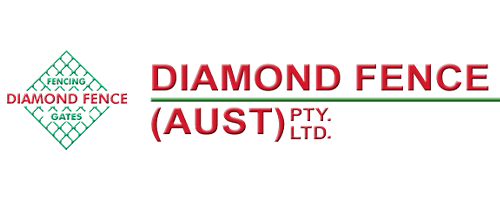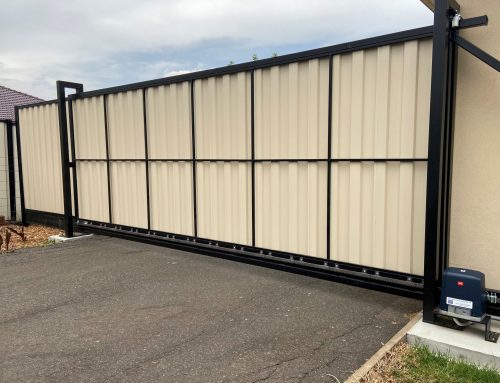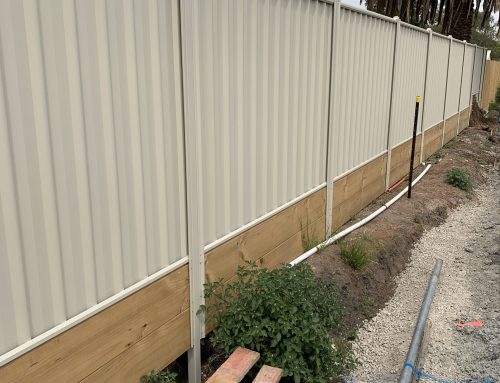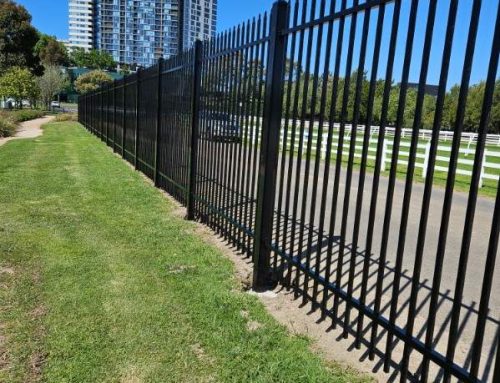PVC Coated Chain Wire = Plastic Coated Chain Wire.
PVC Coating and metal fencing, this is the topic of our blog post today. But let’s start with a question far off from metal fencing. Do you have a teenage daughter or a son, or maybe a sister or a brother? If not, then you definitely know someone who is a teen at the moment. Have you noticed that nowadays teenagers use some many abbreviations when they text, or even just talk? Something like lit, fam, obvi and etc. Some may be obvious like obvi, but some may leave you guessing what this youngster is trying to say. But when it comes to fencing world and its abbreviations, do you know what PVC or plastic coated chain wire that we’ve been talking about for many times actually means?
Yes, PVC. What does it mean? Short story long, it means polyvinyl chloride. That didn’t say much? Well, it’s the world’s third-most widely produced synthetic plastic polymer. It was actually discovered by an accident by a German chemist Eugen Baumann in 1872. It took of course many years until the material was turned into a more flexible one and could be commercially used, and that happened only in 1926.
PVC is produced by polymerization of the vinyl chloride monomer (VCM). Polymerization is a process of reacting monomer molecules together in a chemical reaction to form polymer chains. The end product of the polymerization is actually an unmodified PVC. But before you can use PVC as an end product, for example for coating metal fencing, this end product always requires conversion into a compound by the incorporation of additives. Some of them might be heat stabilizers, UV stabilizers, impact modifiers, thermal modifiers, flame retardants, smoke suppressors, and many more. This makes it good to adjust the PVC as needed for the specific product.
PVC can be either rigid or more flexible. Rigid PVC can be used in production of pipes, profile applications like doors or windows. When it comes to a more softer and flexible PVC, it can be used on plumbing, flooring, inflatable products, and of course metal fencing.
When it comes to fencing then this PVC coating is fused to the zinc coated wire, making it even better option for areas exposed to corrosion. We’ve talked about galvaizing and galvanized chain wire, and we know that it’s one of the best ways to secure your fence from corrosion and make it last longer. With PVC it’s even more protected.
Knowing what PVC coating, or plastic coating in lay terms is, let’s look at the benefits it has.
- Highly resistant to corrosive atmospheres
- Can be used in environments with extreme temperatures
- Wide range of possible colours (Diamond Fence offers PVC in black or green colour)
- Superior UV protection
- High quality coating
- Highly resistant to impact abuse
- Greater resistance to cracking, peeling, splitting
Having attributes like resistance to cracking, peeling, splitting, or resistance to impact abuse, makes PVC coating perfect for sports fencing for:
- tennis courts
- cricket enclosures
- golf courses
- basketball courts
- baseball diamonds
- softball diamonds
- soccer grounds
- footy grounds
Diamond Fence has done countless number of PVC coated chain wire sports fencing, and can definitely recommend this product.
So if you have a question regarding PVC coated chain wire fencing, or other fencing types, then don’t be shy, just say hi and our friendly team is more than happy to talk you through the process to get your home, business premises, or any other location a fencing it needs.
Call us on (03) 9753 4566 , shoot us an email on info@diamondfence.com.au , or just get a FREE online quote.








